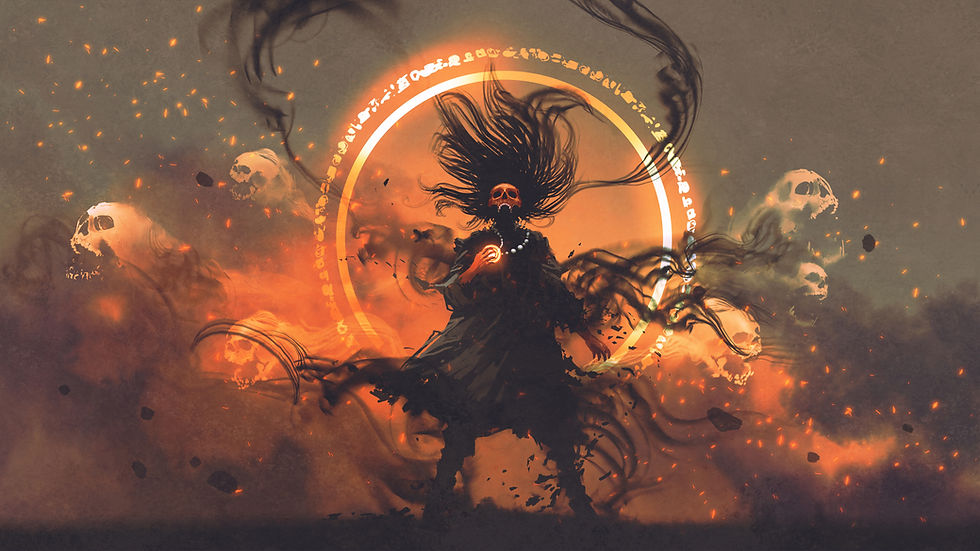Difficult People are Welcome Too
- Kimberly Ruggiero

- Aug 10, 2021
- 3 min read

"If we learn to open our hearts, ANYONE, including the people that drive us crazy, can be our teacher." --Pema Chodron, American Buddhist Nun, Teacher and Author There is a story of a Zen master who used mundane tasks around the monastery as a teaching tool. Students would be asked to dig holes or sort rocks as they practiced presence. One extremely agitated man complained bitterly about the silly chores, making everyone feel on edge. Finally, when asked to dig up patches of grass, this student became enraged. He threw down his shovel and sped away in his car which left everyone elated. To their surprise, the zen master followed him, convincing him to come back to the class. Later, when someone asked why he would want him back, the old monk replied simply, "because I pay him to be here." Difficult people are everywhere these days and it's natural to think that getting rid of them is the best solution to the problem. (Which may or may not be possible.) However, it is possible to learn how to stay present when things feel uncomfortable, a practice which can rewire the brain for equanimity and non-duality around difficult people. It trains us to bring space into our reactive mind and invites an authentic relationship with life exactly as it is. In his book, No Mud, No Lotus, The Art of Transforming Suffering, Thich Nhat Hanh writes, "Meditate on your perceptions. The Buddha observed that the person who suffers most in this world is the person who has many wrong perceptions, and most of our perceptions are erroneous." In my experience, difficult people are suffering in ways that aren't always easy to see. When triggered by someone's behavior, I notice how my mind tends to reactively judge. They shouldn't be acting like that! These thoughts then create suffering in me which ignite more thoughts based on the perception that they shouldn't be acting like that when they ARE acting like that. Accepting reality means allowing people to be as they are and not taking it personally. Asking myself, can I accept this, too? And if possible, offering compassion to the suffering arising in myself and the other. Spiritual teacher and writer, Eckhart Tolle, invites us to be grateful for the big egos around us, as they are a "wonderful spiritual practice." He says, "Ego cannot manipulate presence." Cultivating presence with difficult people means challenging beliefs about the way things should be and relaxing with what is. Inner spaciousness softens our natural reactivity allowing mind, body and spirit to resonate with calm, confident curiosity even with difficult people and their emotions.
“It is possible of course to get stuck in the “mud” of life. It’s easy enough to notice mud all over you at times. The hardest thing to practice is not allowing yourself to be overwhelmed by despair. When you’re overwhelmed by despair, all you can see is suffering everywhere you look. You feel as if the worst thing is happening to you. But we must remember that suffering is a kind of mud that we need in order to generate joy and happiness. Without suffering, there’s no happiness. So we shouldn’t discriminate against the mud. We have to learn how to embrace and cradle our own suffering and the suffering of the world, with a lot of tenderness.” ― Thích Nhất Hạnh, No Mud, No Lotus: The Art of Transforming Suffering







Comments